Trains and strengthens essential cognitive abilities in a professional way. Comprehensive report of results, progress, and evolution.
Memory is how we encode information that has been stored in the brain. It’s a processing system that is imperative to everyday life. It is often split into working (short-term) memory and long-term memory. Memory is essential as it allows the retention of information over time and thus allowing us to learn, develop language, personality and relationships with others.
Working memory takes information by encoding stimuli and can also retrieve memories needed for tasks at hand with long-term memory storing recollections which can be retrieved. Working memory appears to rely on an acoustic code for information storing and less so visual stimuli.
Genetics influence how well our memory stands the test of time and can have some effect on the speed at which we pick up information and store it.
Perception is the process by which we interpret and make sense of sensory information from our environment. It involves receiving sensory input, extracting meaning from it, and using that information to guide our thoughts, behaviours and actions.
Perception can be influenced by many factors, including our previous experiences, expectations, attention, and emotions. It is an essential part of how we interact with the world around us and is closely related to other cognitive functions such as memory, learning, and problem-solving.
Reasoning is the process of thinking about something in a logical, systematic way in order to form a conclusion or judgment. It involves analysing evidence, considering different perspectives, and evaluating arguments in order to reach a well-justified conclusion.
Reasoning is a fundamental aspect of human cognition and is essential for problem-solving, decision-making, and critical thinking. It is a key component of the scientific method and is used in many areas of life, including philosophy, mathematics, and law.
Coordination refers to the ability to effectively control and coordinate the movements of one’s body in order to perform physical tasks. It involves the coordination of muscles, senses, and other bodily systems in order to execute movements smoothly and efficiently.
Coordination is important for many everyday activities, such as walking, writing, and playing sports, as well as for specialised tasks like surgery or playing a musical instrument. Poor physical coordination can result from a variety of factors, including physical disabilities, neurological conditions, or simply lack of practice.
Attention is the process of concentrating on information that has been selected by the individual or given to the individual as a task. This can be subjective or objective, so the key to attention is the ability to concentrate on the information while ignoring other non-important information.
The complexity of the information, the time required to process the information, and the distractions will all determine the amount of cognitive resources needed to maintain attention.
Attention seems to be affected by a multitude of factors such as environmental upbringing, educational level, brain injury, drugs/alcohol, sleep, and food. Attention even seems to be affected by cultural differences, as well as inherently attention is affected by our genetics.
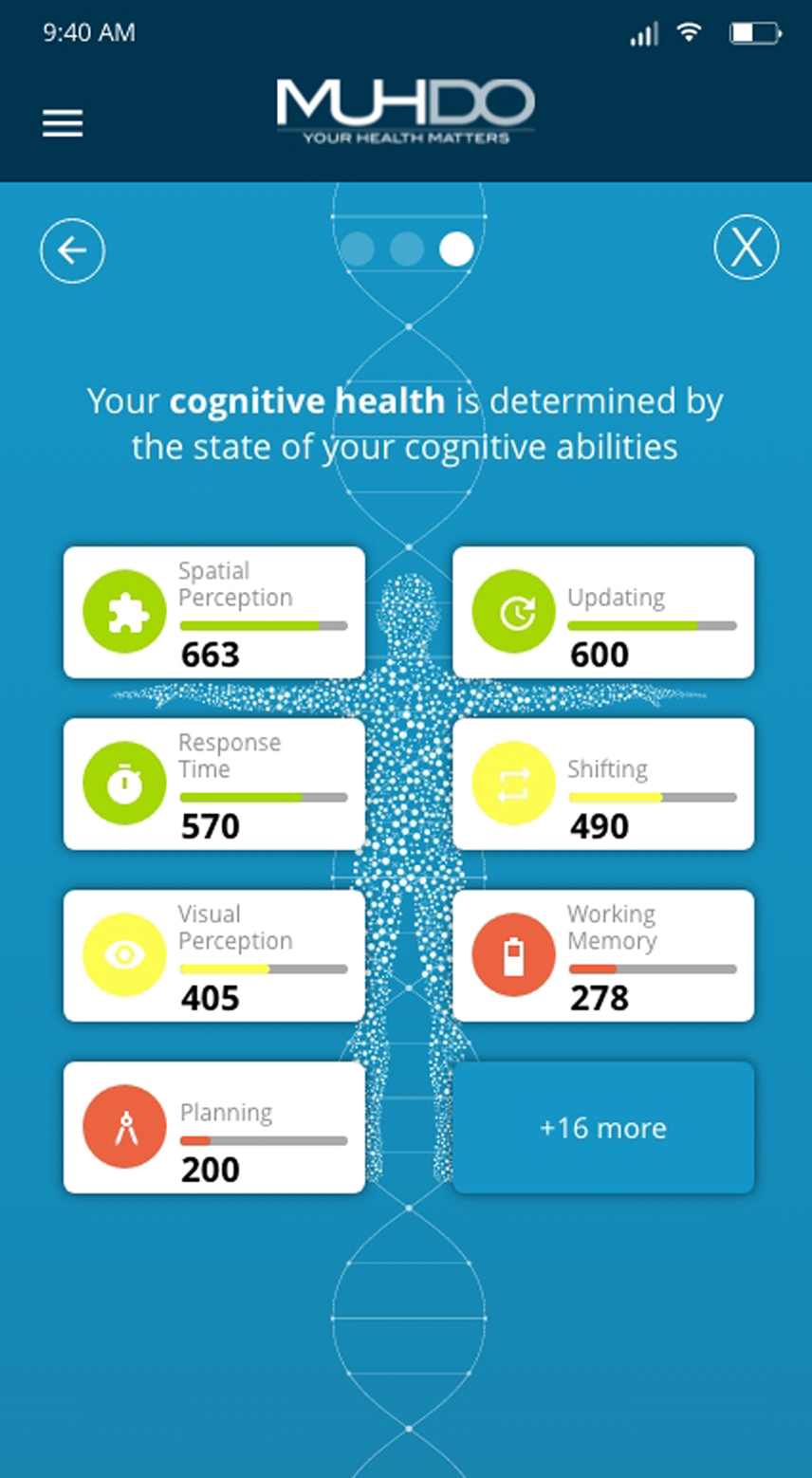
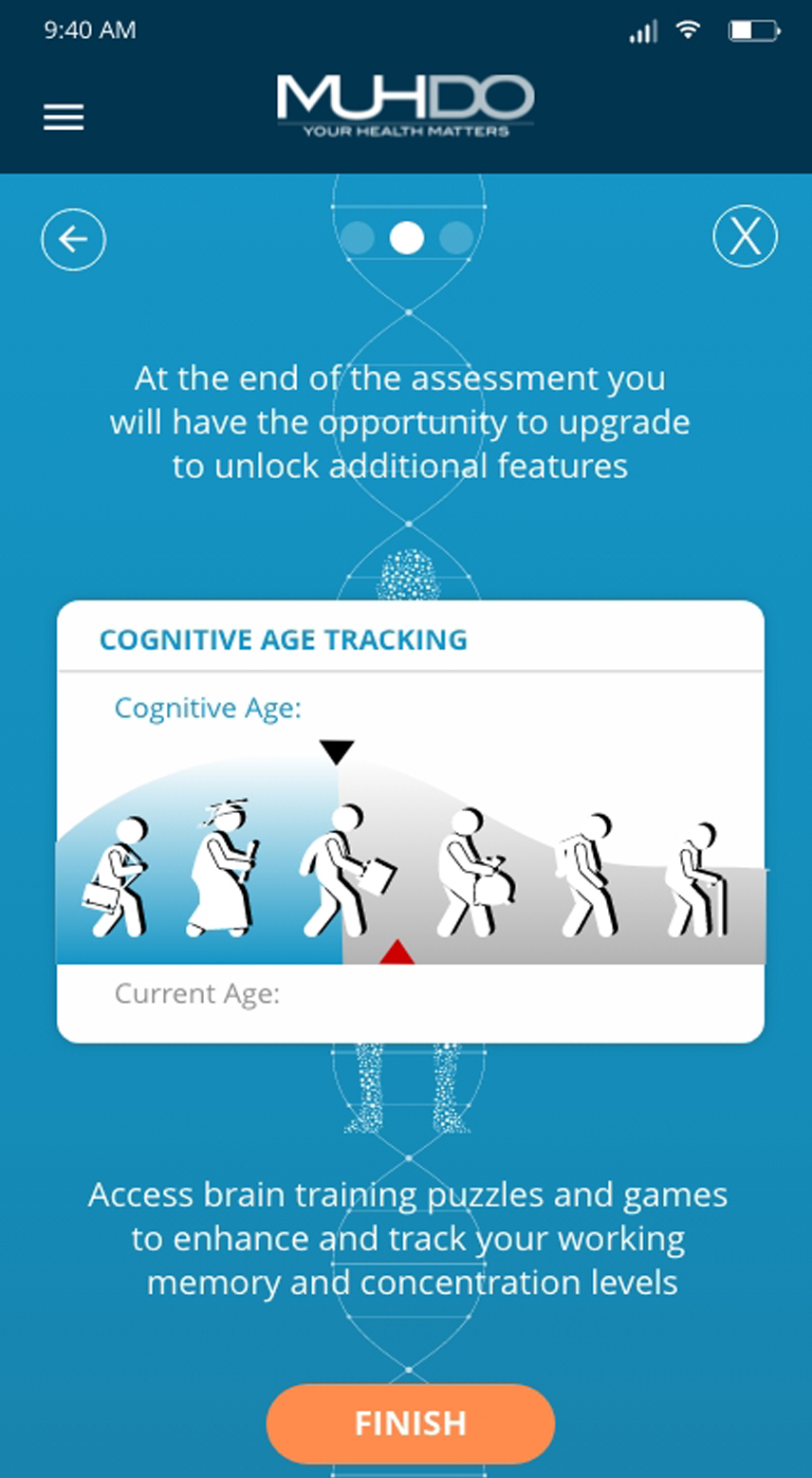
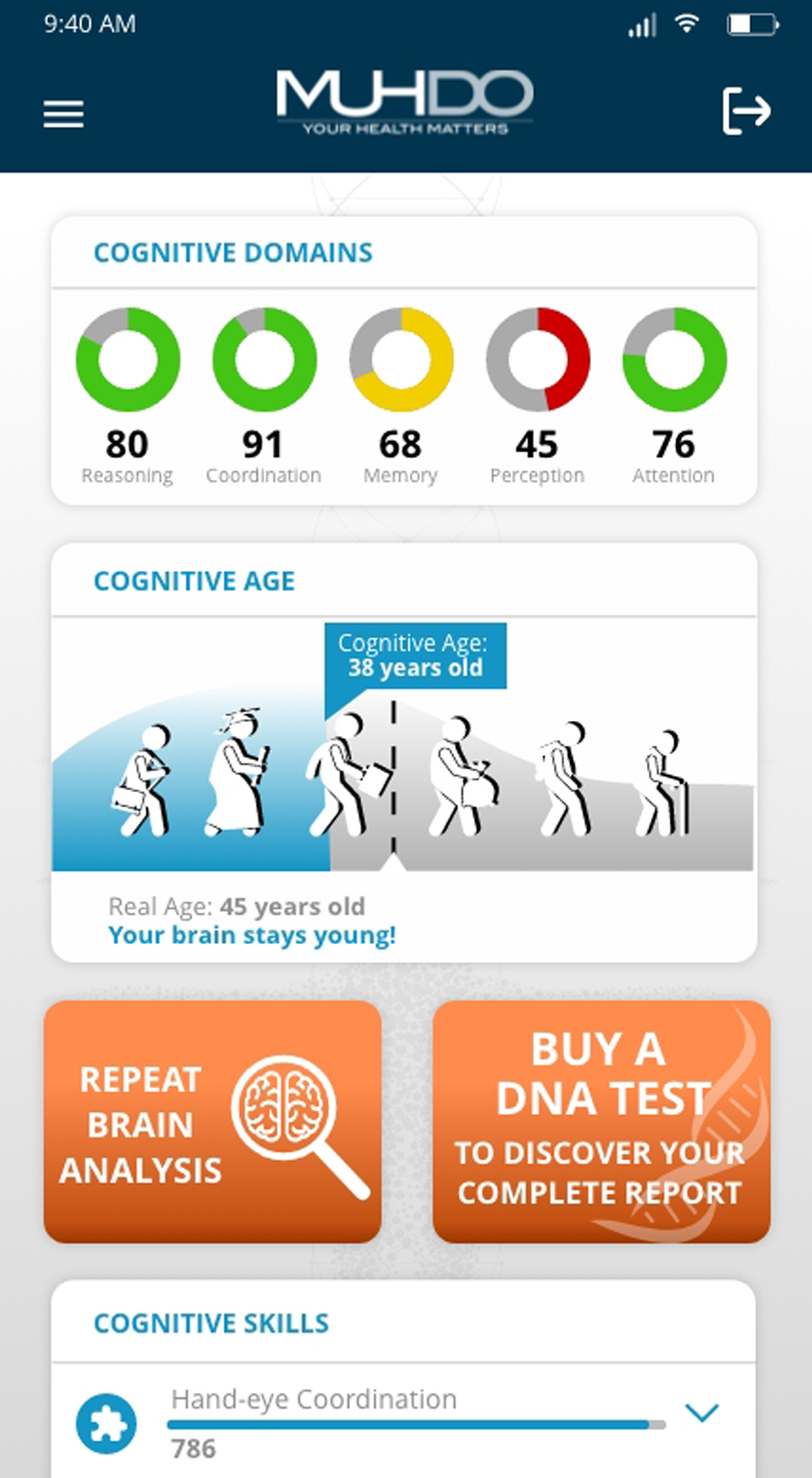
Trains and strengthens essential cognitive abilities in a professional way. Comprehensive report of results, progress, and evolution.
Memory is how we encode information that has been stored in the brain. It’s a processing system that is imperative to everyday life. It is often split into working (short-term) memory and long-term memory. Memory is essential as it allows the retention of information over time and thus allowing us to learn, develop language, personality and relationships with others.
Working memory takes information by encoding stimuli and can also retrieve memories needed for tasks at hand with long-term memory storing recollections which can be retrieved. Working memory appears to rely on an acoustic code for information storing and less so visual stimuli.
Genetics influence how well our memory stands the test of time and can have some effect on the speed at which we pick up information and store it.
Reasoning is the process of thinking about something in a logical, systematic way in order to form a conclusion or judgment. It involves analysing evidence, considering different perspectives, and evaluating arguments in order to reach a well-justified conclusion.
Reasoning is a fundamental aspect of human cognition and is essential for problem-solving, decision-making, and critical thinking. It is a key component of the scientific method and is used in many areas of life, including philosophy, mathematics, and law.
Coordination refers to the ability to effectively control and coordinate the movements of one’s body in order to perform physical tasks. It involves the coordination of muscles, senses, and other bodily systems in order to execute movements smoothly and efficiently.
Coordination is important for many everyday activities, such as walking, writing, and playing sports, as well as for specialised tasks like surgery or playing a musical instrument. Poor physical coordination can result from a variety of factors, including physical disabilities, neurological conditions, or simply lack of practice.
Attention is the process of concentrating on information that has been selected by the individual or given to the individual as a task. This can be subjective or objective, so the key to attention is the ability to concentrate on the information while ignoring other non-important information.
The complexity of the information, the time required to process the information, and the distractions will all determine the amount of cognitive resources needed to maintain attention.
Attention seems to be affected by a multitude of factors such as environmental upbringing, educational level, brain injury, drugs/alcohol, sleep, and food. Attention even seems to be affected by cultural differences, as well as inherently attention is affected by our genetics.
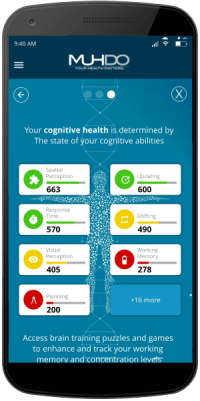
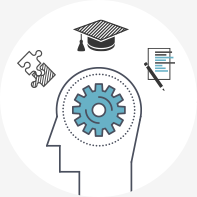

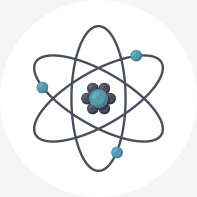





The personalized brain training program from CogniFit makes it possible to activate and strengthen fundamental cognitive skills with brain plasticity.
Brain training with this professional tool stimulates specific neural activation patterns. The repetition of these patterns through brain training can help strengthen and create new synapses and neural circuits capable of recovering and reorganizing weakened or damaged cognitive functions.
The personalized cognitive stimulation program from CogniFit was designed to stimulate the adaptive potential of the nervous system. The personalized brain training program from CogniFit is appropriate for anyone looking to improve cognitive function.

Each one of us can develop our mental capacities to optimize and improve their functioning
Proper brain training can increase cognitive reserve through specific tasks aimed at improving, restructuring or restoring cognitive abilities. Therefore, cognitive impairment can be slowed, minimizing the negative effects on the patient’s daily life.
Brain tissues and cognitive performance tend to deteriorate naturally with age. CogniFit personalized mental training can help slow and/or restore cognitive skills weakened by normal aging of the brain.
By constant and appropriate cognitive training, the brain can favorably modify its performance and structure, optimizing the execution of our cognitive abilities.

